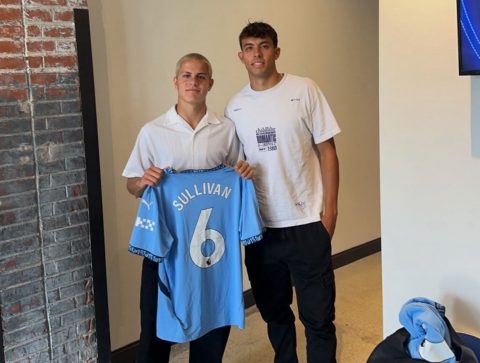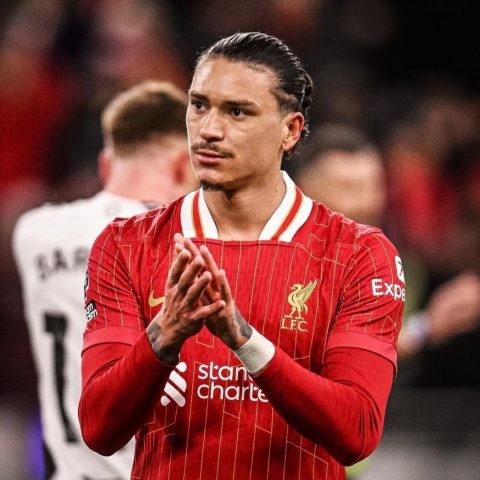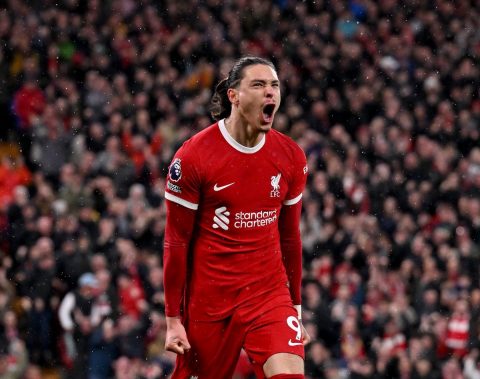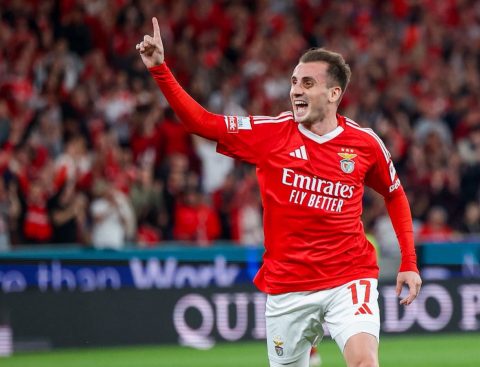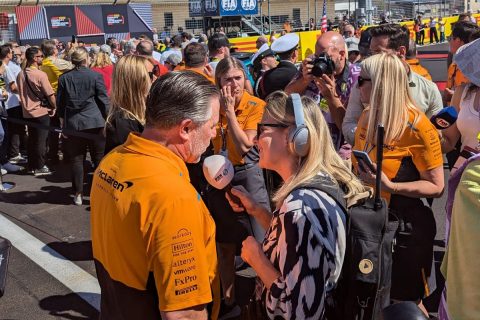The Grand Prix Drivers’ Association (GPDA) has called upon the FIA to reconsider its approach towards Formula 1 drivers following recent controversy over swearing on team radios. The association, representing driver interests, argues that professional athletes should be allowed the freedom to express their emotions without excessive regulation by the sport’s governing body.
Freedom of Expression on Team Radio
The incident that ignited this debate occurred when several drivers were reprimanded for using expletives during heated radio communications over race weekends. This led to FIA president Mohammed Ben Sulayem stepping in, as he seeks to maintain decorum in motorsport broadcasting.
Drivers Defend Emotional Outbursts
F1 drivers, backed by the GPDA, contend that emotional outbursts are a natural and genuine reaction during high-pressure moments in a race. GPDA Director, Alexander Wurz, stated in a recent interview, “We are human beings operating in an extremely intense environment. It’s not just about driving a car; it’s also about handling immense pressure.”
The drivers believe that restricting their language may hinder their ability to communicate effectively with their teams. Instead of imposing fines or penalties, the GPDA suggests implementing guidelines to educate and help drivers understand the impact of their words, rather than punitive measures.
FIA’s Stance on Maintaining Broadcast Standards
The FIA, while open to discussions, maintains that it must balance the expectations of viewers, sponsors, and broadcasters. The governing body envisions creating a more family-friendly broadcasting experience while maintaining the integrity of the sport.
A Need for Dialogue and Agreement
Ben Sulayem has expressed his willingness to engage with the GPDA to find a common ground. An FIA spokesperson commented, “The door is open for discussions with drivers. We are committed to finding a collaborative solution that respects drivers’ emotions while setting clear broadcasting standards.”
This potential for dialogue points towards a possible compromise where drivers’ voices are heard, and broadcasting decorum is maintained.
Impact on Future Races
The outcome of these discussions may set a precedent for how communications are managed in F1 moving forward. Drivers hope that more freedom on radio communications will allow them to express themselves and interact more authentically with their teams during races.
These developments come at a crucial time as the F1 season progresses, and the pressure upon drivers intensifies. With several key races on the calendar and Championships on the line, the ability to communicate effectively without censorship is critical for drivers and teams alike.
In summary, the GPDA’s push for a change in how drivers are treated marks an important conversation in the ongoing evolution of Formula 1. As teams prepare for upcoming Grands Prix, the resolution of this issue will undoubtedly impact the dynamic of races both on and off the track.
Would a New Approach Change the Sport?
Fans and analysts alike are keenly watching how the FIA will respond and adapt to the GPDA’s concerns. The potential for a new approach to driver communication adds an intriguing layer to the competition, perhaps creating a sport that is more relatable and engaging to audiences around the world. How will the FIA balance tradition with modern demands? This question looms as the season unfolds.
